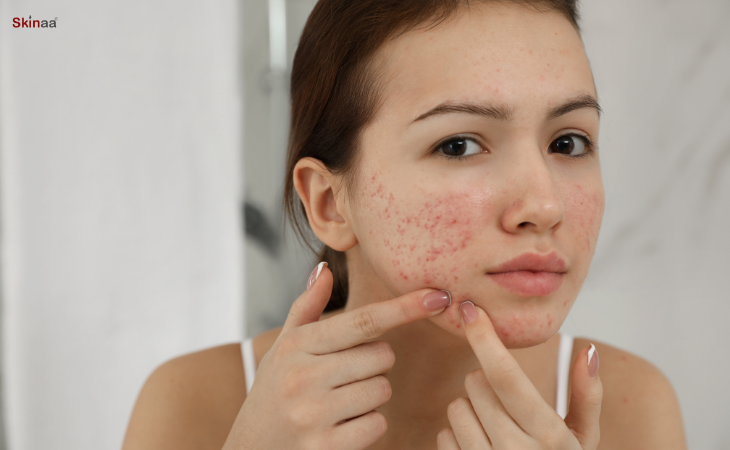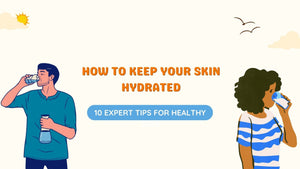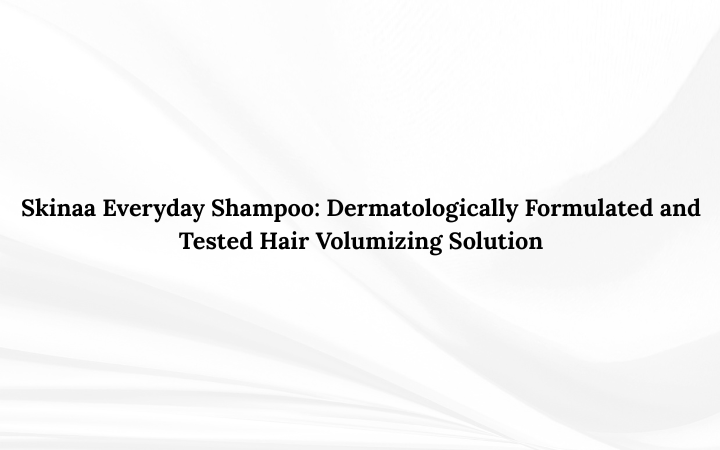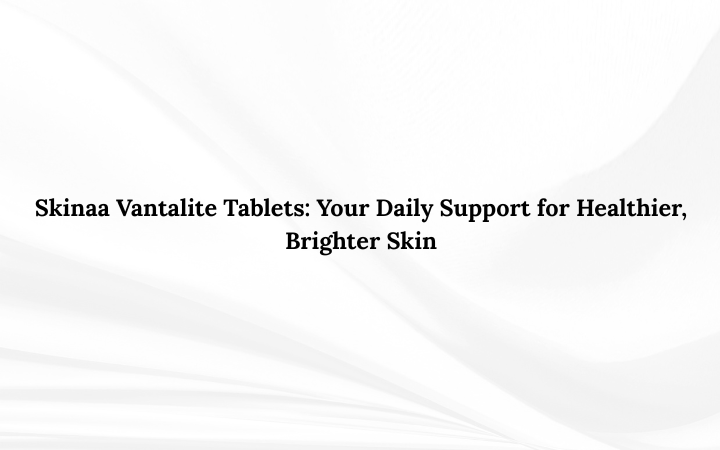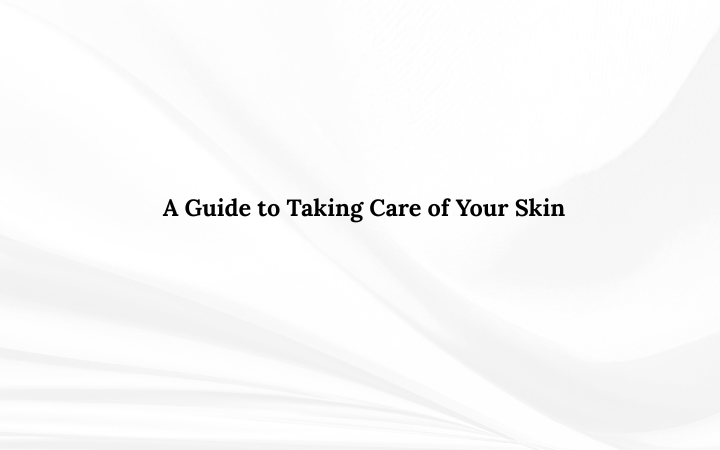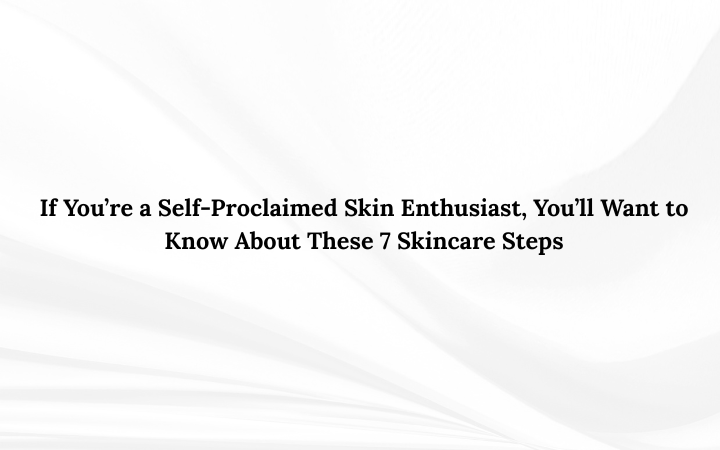Acne, one of the most common skin conditions, is surrounded by myths and misconceptions. It's crucial to separate fact from fiction to manage and treat acne effectively. Here, we debunk the top 10 acne myths.
Myth 1: Food Habits Trigger Pimples
While diet can impact overall health, there's no direct cause-and-effect relationship between specific foods and acne. While some studies link dairy and high-glycemic foods to acne severity, it doesn't mean these foods cause acne for everyone.
Myth 2: Pimples Affect Teens Only
Acne is not limited to teenagers; adults can suffer from it too. Adult acne is becoming increasingly common due to factors like stress, hormonal changes, and lifestyle habits.
Myth 3: Pimples Can Be Popped
Popping pimples can lead to scarring, infections, and more severe acne. It's best to leave pimples alone and treat them with appropriate skincare products.
Myth 4: Pimples Can Occur Overnight
While it might seem like pimples appear overnight, they actually develop over days or weeks. What you see suddenly is the culmination of this process, not an overnight occurrence.
Myth 5: Pimples Can Be Treated With Blood Purifiers
There's no scientific evidence supporting the idea that blood purifiers can treat acne. Skincare and sometimes medications are the proven methods for treating acne.
Myth 6: Overnight Treatments Can Help Pimples Disappear
While some treatments can reduce the appearance of pimples quickly, they rarely disappear overnight. Effective acne treatment usually requires consistent care and time.
Myth 7: You Can Skip Moisturizer If You Get Pimples
Even oily and acne-prone skin needs moisturization. Skipping it can lead to dryness and irritation, which can actually worsen acne. Choose non-comedogenic, oil-free moisturizers.
Myth 8: Makeup Causes Pimples
Not all makeup causes pimples. Non-comedogenic, non-acnegenic, and oil-free makeup products are generally safe for acne-prone skin. However, makeup should be thoroughly removed to prevent clogged pores.
Myth 9: Pimples Only Appear On The Face
Pimples can occur on any part of the body where there are oil glands and hair follicles, including the back, chest, and shoulders.
Myth 10: People With Oily Skin Face Pimples
While oily skin can be more prone to acne, people with all skin types can experience pimples. Genetics, hormonal changes, and environmental factors also play a significant role in acne development.
In conclusion, understanding these myths and facts about acne is crucial for effective management and treatment. Always seek advice from dermatology professionals for persistent acne issues.
